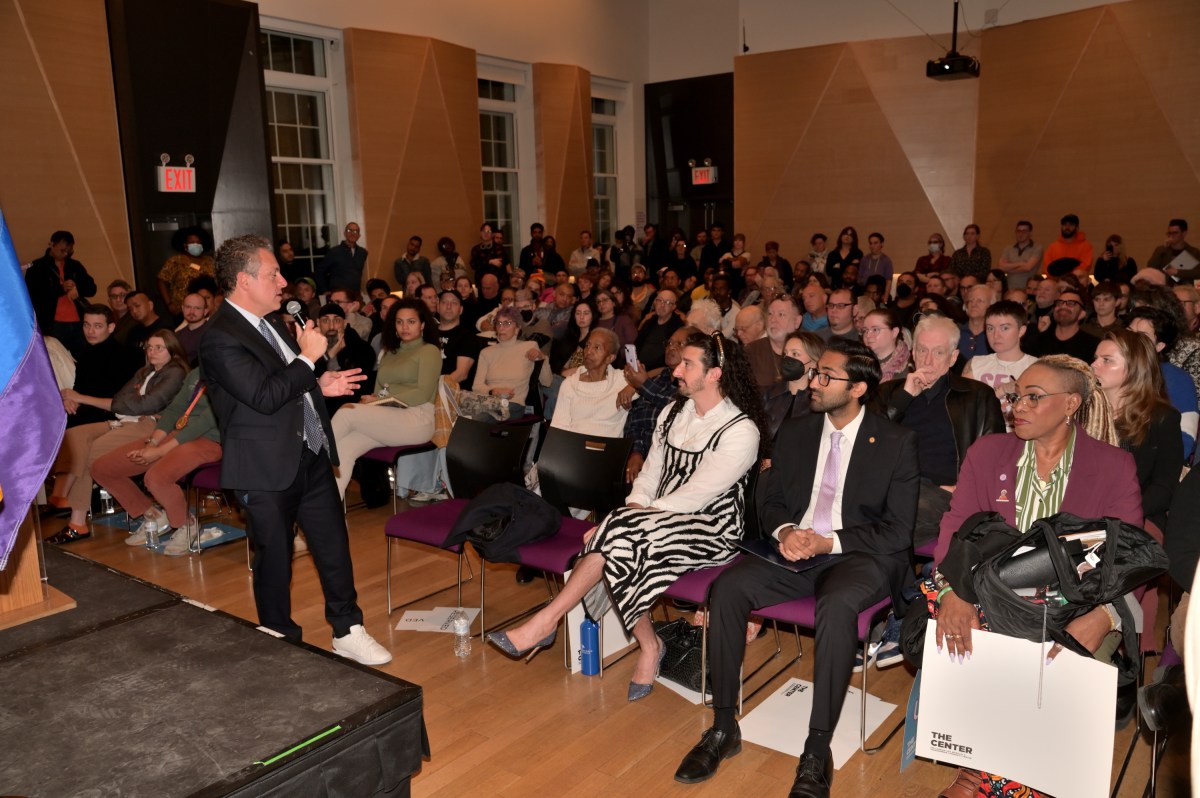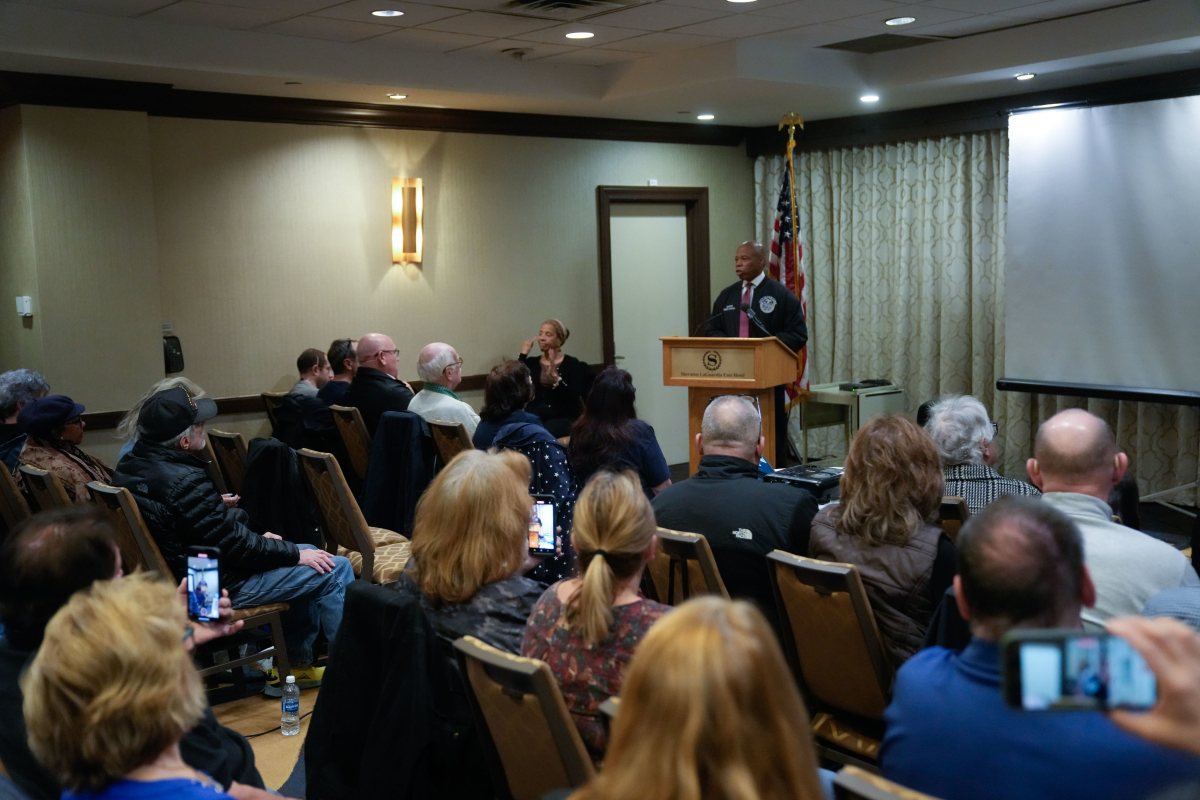By JERRY TALLMER
Clive Barnes would not have enjoyed but would I think have appreciated the irony of the New York opening of “Billy Elliot: The Musical” almost simultaneously with his death in this city he had adopted as his own immediately upon landing here in 1965 to become dance critic of The New York Times.
Chelsea resident Clive would serve much of he rest of his life as both dance critic and theater reviewer, first at The Times and then, for 30 years, at the New York Post, but dance was always the thing he cared about most, fought hardest for, and did his best writing about. He was, in short, in love with dance — from boyhood on — and never got over it.
Many people who knew gracious, generous Clive Barnes fairly well were quite surprised (and amused) when one fine day he wryly revealed himself in print as “your typical working-class overachiever.”
Well, “Billy Elliot: The Musical,” like the more acute 2000 movie from which it sprang (Stephen Daldry the director in both cases), is the saga of a boy who against all the odds was born to dance. He’s the young son of a coal miner in strikebound Thatcher-era Northern England, and you can’t get much more working class than that.
As for Clive, who left us last week at the age of 81, he was the London-born son of an ambulance driver who, the obits say, deserted the family when that son was 7 years old. Clive once further surprised me by casually dropping the news that one or both of his parents had been Jewish. Even if his mother was secretary to a theatrical agent, it is hard to imagine that a boy growing up in London with a burning desire to write about dance could have been no less vulnerable to macho barbs about poofery than a coal miner’s son who actually wants to dance.
That same boy from London would, as it happens, almost match his hero, George Balanchine, in marriages. Mr. B. had five gorgeous wives; Clive Barnes had a mere four, leaving behind his beloved Valerie. The two whom I knew best, Patricia Winckley and Amy Pagnozzi, were beauties and temperaments of opposite types: an English tea rose, a Mediterranean firecracker.
The Amy Pagnozzi story is about as romantic in its start as one could wish: She was a copy girl at the Post and he was dance and drama critic. In those pre-Internet days a reviewer often had to phone in his or her review, and Amy was often the typist on the receiving end of the phone. So one fine night… .
Other people might have to struggle to get those complex words of artistic appraisal to make sense by deadline; not so, Clive Barnes.
“I don’t know, Jerry,” he once said to me with a shrug and a sort of guilty grin, “for me, it just comes out” — and this of course was a mixed blessing, because what pours out without effort can also, for all its facility and turn of phrase and imagery and jest, run rather thin. Which is why Clive’s hard-felt, hard-fought stuff on dance was, for this reader, generally more substantive and nourishing than his stuff on theater.
I have said that Clive was generous, and in my case, after Rupert Murdoch broke the union and cut off the heads of all 287 Newspaper Guild members at the Post, my own head among them, he was enormously so. At his own risk he tried every which way to get me rehired and back on the theater beat, but it was no-go. Deaf ears all the way up the management ladder.
He was always just as generous in sharing with facts, data, news, names, phone numbers, whenever one needed such information as a freelancer. He was also generous to my wife, Frances, who adored him and whom he at times escorted to one or another ballet performance she was dying to see.
And then one day I bumped into Clive on West 23rd Street, as he was going to his home in Chelsea. This time his shrug was not accompanied by a grin.
“You know what, Jerry? They called me in” — he named the editor, which I will not — “and cut my job in half, just like that. No more theater criticism. Just write about dance” (in a tabloid where all writing, much less cultural writing, was chopped to the bone).
And your salary?
“Oh, they cut that in half, too. As of that very moment.”
It was some few months later that I bumped into Clive once again, this time in a Broadway theater between the acts. Hello, Clive, just slumming?
“No, I’m working. Reviewing the show.”
Oh? For the Post?
“Yeah.” Two beats. “They couldn’t find anybody else to do it.”
The overachiever’s grin was back where it belonged.




































